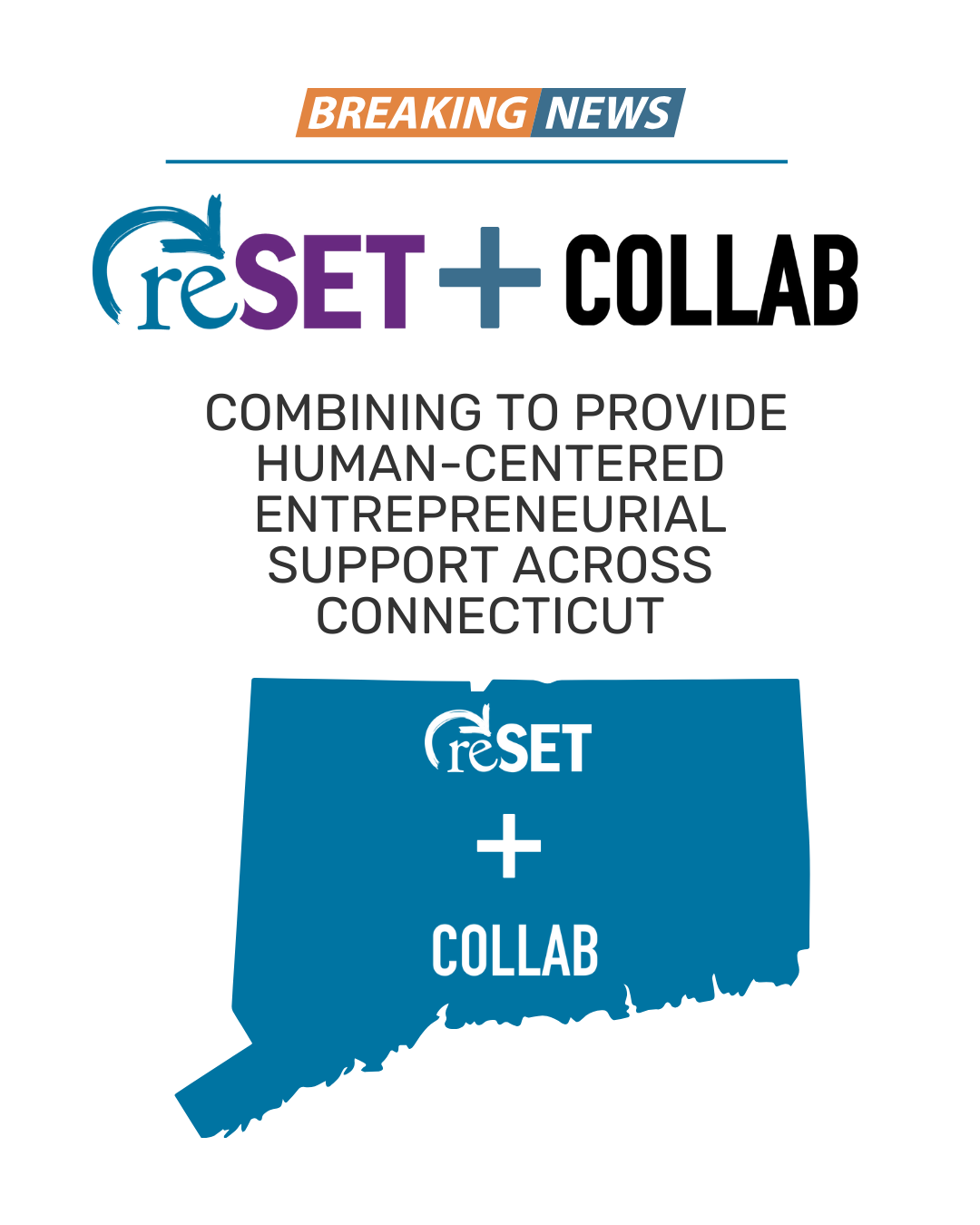For full Hartford Courant article details and related content, please click here.
By Kristin Stoller
Connecticut has made progress in helping startups grow in the past few years, but compared to other states, it still sits among the middle of the pack.
A new study by The Kauffman Index of Growth Entrepreneurship shows that Connecticut ranked 13th — a four-spot jump from the previous ranking — among the 25 smaller states in average growth for young businesses and startups. The study also measures the number of businesses that are scaling rapidly in the United States.
Though local entrepreneurs acknowledge the advancements the state has made, some say there are a few strategies the state can use to get ahead.
“We have a lot of people who make a healthy living in Connecticut: doctors, lawyers, accountants, engineers, bankers and past successful entrepreneurs,” said Matt Cremins, a UConn graduate and founder of startup Voda. “But for some reason, we are not translating that into people investing in young, high-growth companies in Connecticut. We need to incentivize and reach out to these private individuals who might be interested in investing.”
The rankings are based on various indicators including revenue and employment growth and the length of time the company has been in business.
The rate of startup growth has been mostly declining since 2004, but this year’s numbers show a small spike. The average startup from 2008, which would be five years old in 2013, grew 45.51 percent, from about six employees when founded to about nine employees. The national average is about 58.4 percent, said E.J. Reedy, a Kauffman senior fellow.
The rankings are based on various indicators including revenue and employment growth and the length of time the company has been in business.
The rate of startup growth has been mostly declining since 2004, but this year’s numbers show a small spike. The average startup from 2008, which would be five years old in 2013, grew 45.51 percent, from about six employees when founded to about nine employees. The national average is about 58.4 percent, said E.J. Reedy, a Kauffman senior fellow.
Adam Lazar, the CEO and founder of sparkling water startup Asarasi, said he moved his family from California to start his company in Connecticut. He cited the state’s proximity to Boston and New York City, and services such as reSET, as one of the factors in his move.
But to climb the ranks in startup growth, Lazar said he recommends the state develop incentives, such as establishing “entrepreneur zones.” New York offers tax-free zones in 10 regions to grow startups.
Chris Bruhl, president and CEO of the Business Council of Fairfield County, said Rhode Island made strategic investments in innovation in the ’90s, starting with the revitalization of Providence. The city invested in millennial housing, walkability and a vibrant food scene as it began to surge.
“They did not try to save the past,” he said. “They simply said what was, was.”
The rankings show that the direction Connecticut is going and the trajectory of that journey is more important than where the state is at moment, Bruhl said. He predicts that if the state continues at the same pace, it will rank near the top of the growth entrepreneurship category in two years.
Bruhl attributes Connecticut’s small jump in growth entrepreneurship to Gov. Dannel Malloy’s 2011 jobs bill and the subsequent launch of Connecticut’s Innovation Ecosystem, a public-private partnership that supported startup companies around the state, including co-working space and business accelerators to small grants. He also pointed to Connecticut Innovations, formed by the state legislature in 1989 to help finance Connecticut tech companies and support their growth.
James Woulfe, reSET’s director of advocacy and external affairs, said the state could increase its ranking by taking on an identity, such as becoming the state for social entrepreneurship. These are the types of businesses that the millennial generation is not only starting up, but seeking out, he said.
“Supporting environmentally conscious businesses, it makes sense. It’s where the market is going, and no other state is doing it yet,” he said. “No other state has said, ‘We are the social enterprise state.’ If we don’t capitalize on it now, I guarantee you, another state will.”








